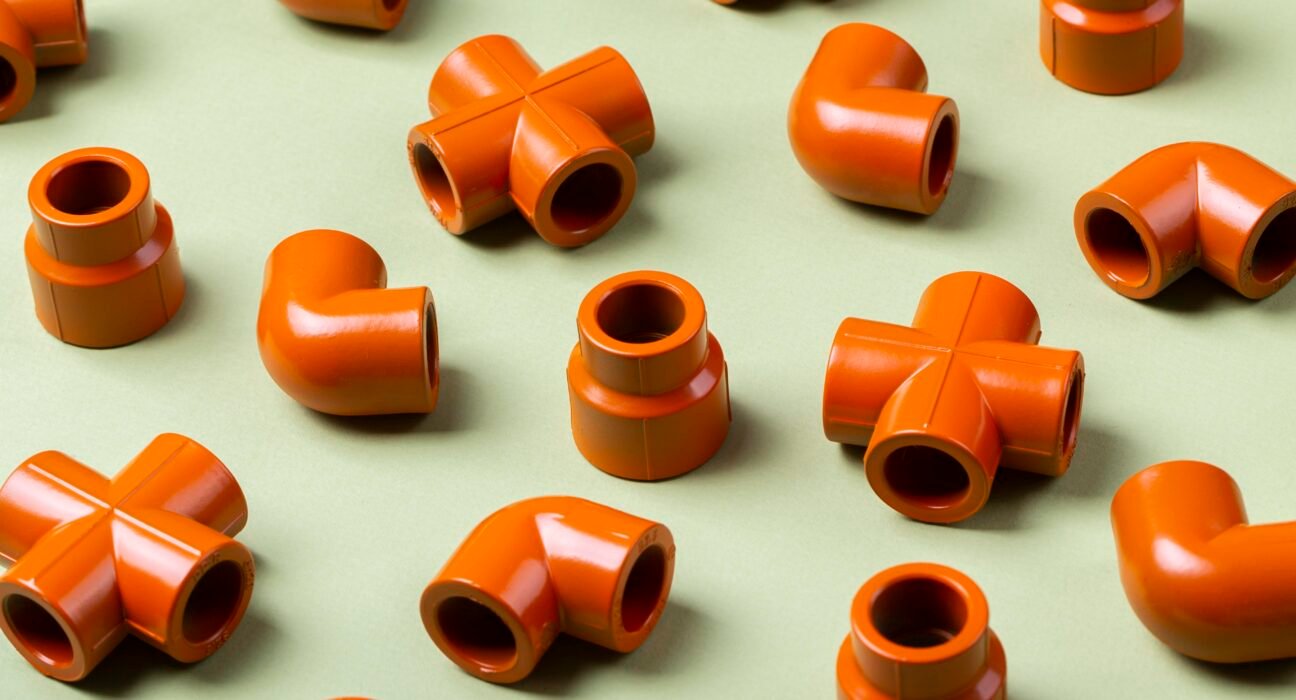Ball valves regulate the flow of fluids. The most important type of ball valve, which is an indispensable asset across numerous industries, is ball valve SS.
They are cherished for their robustness, dependability, and adaptability.
However, before you use these ball valves, it is important to understand their functions. This knowledge is crucial for seamless integration and optimal performance within diverse operational settings.
Let’s learn about these valves.
Understanding Stainless Steel Ball Valves
These ball valves are a type of quarter-turn valve that uses a hollow, perforated, and pivoting ball to control the flow of liquids or gases through it.
The ball has a hole or port through the middle, which aligns with the flow path when the valve is open. When the valve is closed, the ball is rotated to block the flow path, preventing the passage of fluid.
Construction and Components
They are typically made from high-grade stainless steel, such as SS 316 or SS 304, known for its corrosion resistance and strength. They consist of several main components, including:
Body: The main housing of the valve, which contains the ball and other internal components.
Ball: The spherical disc inside the valve that controls the flow of fluid.
Stem: A shaft connected to the ball that rotates to open or close the valve.
Seats and Seals: These ensure a tight seal when the valve is closed, preventing leakage.
Handle or Actuator: Used to manually or automatically operate the valve.
Functionality
These ball valves operate on a simple yet effective principle. When the handle or actuator is turned, it rotates the ball within the valve body.
In the open position, the ball’s hole aligns with the flow path, allowing fluid to pass through. When the valve is closed, the ball is rotated to block the flow path, stopping the flow of fluid.
Applications
These ball valves find applications across a wide range of industries due to their excellent corrosion resistance and durability. Some common industries where these valves are used include:
- Chemical
- Agricultural
- Construction
- Pharmaceutical
- Food and beverage
Their versatility makes them suitable for various applications, including process control, fluid handling, and isolation.
Benefits:
These ball valves offer several key benefits that make them a preferred choice in many industries:
Corrosion Resistance
These valves boast exceptional resistance to corrosion, a property derived from their composition, primarily containing chromium. This resistance renders them impervious to the corrosive effects of harsh environments and corrosive fluids, including chemicals and saline solutions.
In industries where exposure to corrosive agents is prevalent, such as chemical processing, marine, and wastewater treatment, the corrosion-resistant nature of these valves ensures prolonged longevity and reliability.
Operators can rest assured that these valves will maintain their structural integrity and functional efficacy over extended periods, even in the face of corrosive challenges.
Durability
One of the hallmark traits of these ball valves is their remarkable durability. Engineered from high-grade stainless steel alloys, these valves exhibit exceptional strength and resilience, capable of withstanding the rigors of demanding operational conditions.
Whether subjected to high pressures, extreme temperatures, or abrasive media, these valves maintain their structural integrity and operational performance without succumbing to wear or degradation.
This inherent durability translates into prolonged service life, reduced downtime, and enhanced operational efficiency, making stainless steel ball valves the preferred choice for critical applications where reliability is paramount.
Versatility
They epitomize versatility, offering unparalleled adaptability to a wide range of temperatures and pressures. From cryogenic applications requiring sub-zero temperatures to high-temperature processes exceeding several hundred degrees Celsius, these valves excel in maintaining fluid control under diverse operating conditions.
Additionally, their ability to accommodate varying pressure ranges, from low to high pressures, further enhances their versatility, making them suitable for an array of industrial applications across different sectors.
Ease of Maintenance
In addition to their robust construction and operational resilience, these valves are celebrated for their ease of maintenance.
Their smooth, non-porous surfaces facilitate effortless cleaning, while their corrosion-resistant properties mitigate the need for frequent maintenance interventions.
Routine maintenance tasks, such as lubrication and inspection, are simplified, minimizing downtime and ensuring uninterrupted operation. This ease of maintenance not only reduces operational costs but also prolongs the service life of the valves, enhancing overall system reliability and performance.
Wide Range of Sizes and Configurations
They are available in a diverse array of sizes and configurations, catering to the specific requirements of various piping systems and applications.
Whether it’s a compact valve for space-constrained installations or a large-diameter valve for high-flow applications, these ball valves offer options to suit every need.
Furthermore, they are available in different connection types, including threaded, flanged, and welded, allowing for seamless integration into existing piping systems.
This versatility in size and configuration ensures compatibility and flexibility, enabling operators to select the most suitable valve for their unique application needs.
Conclusion
These ball valves are integral components in many industries, offering durability, reliability, and versatility. Whether you’re dealing with corrosive chemicals, high-pressure fluids, or sanitary processes, SS ball valves provide an effective solution for controlling the flow of liquids or gases. With their robust construction, corrosion resistance, and ease of maintenance, stainless steel ball valves are an excellent choice for any application where reliability and performance are paramount.







